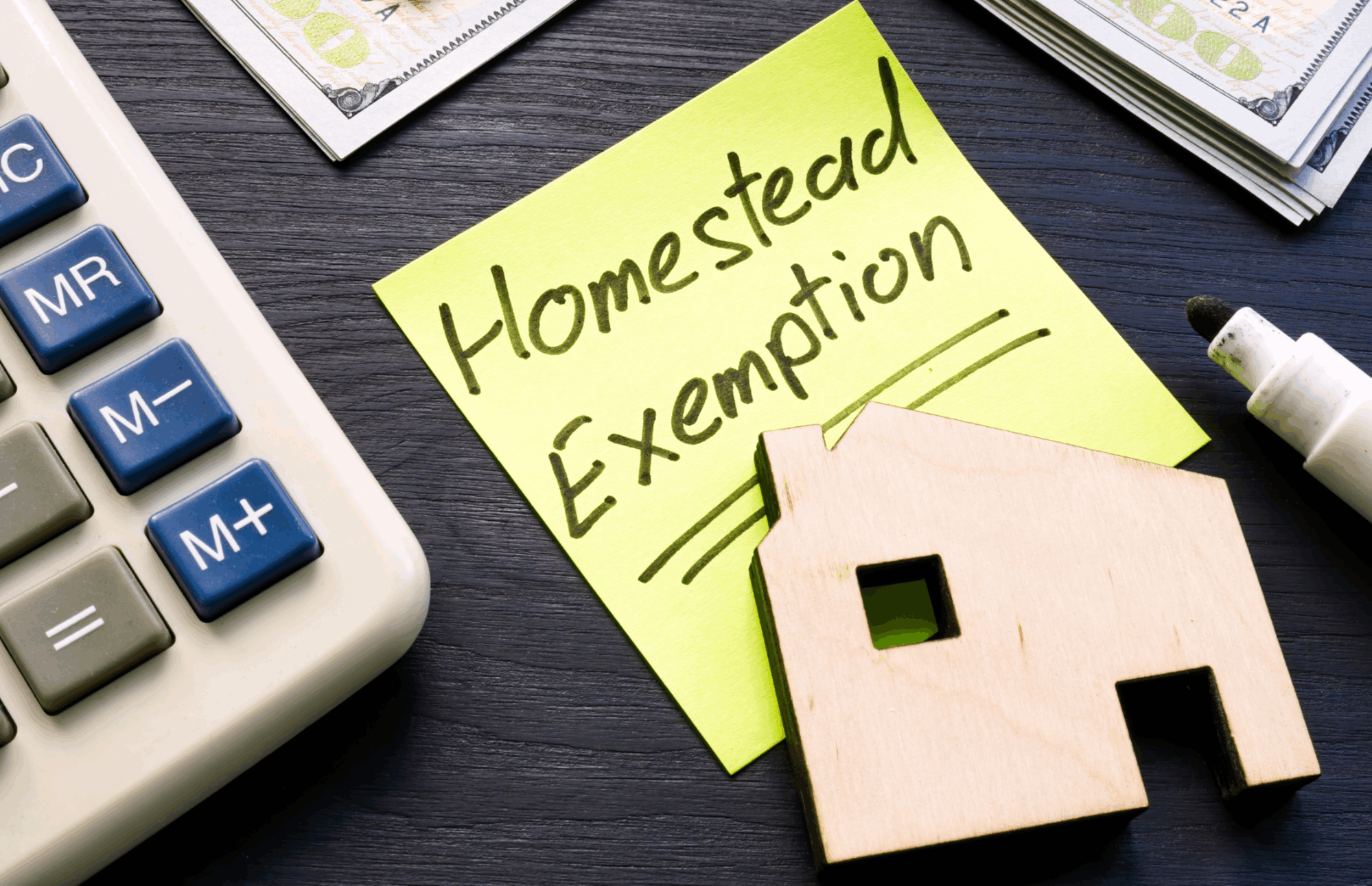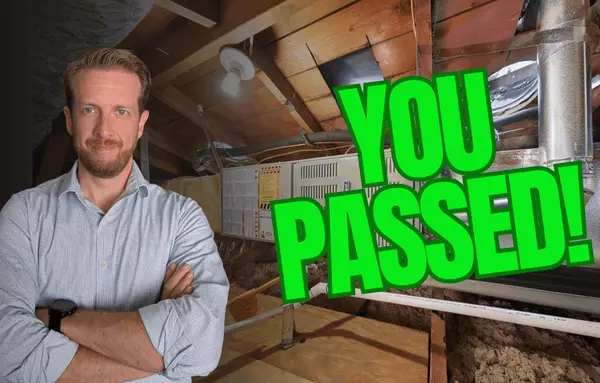Understanding Texas Property Taxes: Essential Insights for Buyers and Sellers

Understanding Texas Property Taxes: Essential Insights for Buyers and Sellers at Closing
Navigating property taxes in Texas can be challenging, especially during the closing process. As a realtor in Katy, TX, I often guide clients through the intricacies of property taxes, ensuring they understand their financial obligations at closing. In Texas, property taxes are assessed based on the value of the property and are paid in arrears, which means you'll be paying for the previous year's taxes in the upcoming January.
Key Takeaways
- Property taxes in Texas are paid in arrears, meaning you pay for the previous year's taxes in January.
- Sellers may need to credit buyers for prorated taxes at the closing table.
- Buyers should be prepared for potential increases in property taxes, especially when purchasing new construction.
Understanding the Timeline of Property Taxes
Understanding the timeline of property taxes is crucial for both buyers and sellers. In Texas, the process begins on January 1st, when property owners are responsible for the taxes from the previous year. By May, assessments are sent out, allowing property owners the option to protest if they believe their property has been overvalued. In September, local jurisdictions establish their budgets, and by October, new tax bills are mailed out. This system can lead to confusion, particularly for buyers who may not be aware of the financial responsibilities they will face after closing.
Seller's Responsibilities at Closing
As a seller, understanding your property tax responsibilities at closing is vital. If you sell your property in the middle of the year, the title company will prorate the property taxes for the portion of the year you owned the home. For example, if you sell your property on June 30th, you will be responsible for half of the annual tax bill, which will be paid in January of the following year. This ensures that the buyer isn't unfairly burdened with taxes for a period they did not own the property as the property taxes will be paid by the buyer at the begining of the following year.
Calculating Prorated Taxes for Sellers
Calculating prorated taxes can be straightforward with the right guidance. If your annual property tax bill is $4,000, for instance, and you sell your home on June 30th, the calculation would involve dividing the annual tax by 12 months, resulting in approximately $333 per month. Since you've owned the property for six months, your responsibility would be about $2,000, which will be credited to the buyer at closing.
It's essential to ensure that these calculations are made accurately to avoid any surprises. Your realtor should verify that the title company has correctly prorated the taxes based on the closing date.

Buyer's Financial Obligations at Closing
As a buyer, being aware of your financial obligations at closing is crucial. When purchasing a home, you may need to prepare for the upfront costs associated with property taxes. If you're using a lender, they will typically require you to deposit three to six months' worth of property taxes into an escrow account at closing.
This ensures that there are sufficient funds to cover your property tax obligations when they come due. The lender will estimate your annual tax bill based on the property's assessed value, which can lead to fluctuations in your monthly mortgage payment over time.
Common Confusions for Buyers: New Constructions
When it comes to purchasing new construction homes, buyers often face unique challenges, especially regarding property taxes. One major confusion arises from the disparity between the assessed value and the purchase price. For instance, if you buy a brand-new home, the county's tax assessment may still reflect a lower value because the home has only recently been completed.
This can lead to unexpected increases in your property tax bill once the home is reassessed. Buyers need to be proactive in understanding these potential changes and budgeting accordingly. If you purchase a home for $500,000, but the tax assessment is only $30,000 (lot value), prepare for a significant adjustment in property taxes in the following year. Not only do the taxes adjust for the following year but you might end up with additional taxes in arears that you owe and a shortage in your escrow account you need to fund. This leaves many new home owners stuck paying a large sum of taxes in January or dealing with a really high tax bill that can be up to double the normal tax rate. Be sure to ask your realtor what your tax bill will look like and understand your budget.
Understanding Property Value Assessments
Property value assessments are crucial for determining the amount of property taxes you'll owe. In Texas, these assessments occur annually, and the values can fluctuate based on various factors, including market conditions and improvements made to the property.
For buyers, it’s essential to recognize that the assessed value can impact not only your immediate tax obligations but also your future financial planning. If you’re purchasing a home, you need to understand how the assessment process works and how it may affect your overall budget.
Remember that you can protest your property taxes in Harris County. Refer to our video on how to protest property taxes in Harris County.
Filing for Homestead Exemptions
Filing for a homestead exemption is a critical step for new homeowners in Texas. This exemption can significantly reduce your property tax burden, making it easier to manage your finances. The process is relatively simple; you can fill out the necessary forms directly on your county's website.
Don’t fall for mailers from companies offering to file these forms for you at a fee. You can easily do it yourself, and it only takes a few minutes by going to HCAD website. Make sure you file for your homestead exemption as soon as you move into your new home to take advantage of the potential savings on your property taxes.

Seller’s Legal Responsibilities Post-Closing
Once the closing process is complete, sellers may think their responsibilities regarding property taxes are over, but that's not entirely accurate. In Texas, sellers must ensure that any prorated taxes are correctly calculated and credited to the buyer at closing.
Additionally, sellers should be aware that any changes in property value assessed after closing may impact the buyer's tax bill. While the seller is not legally liable for those changes, it can lead to misunderstandings if not communicated clearly. Your realtor plays a key role in facilitating this communication to prevent any post-sale disputes.

The Role of Your Realtor in Managing Property Taxes
Your realtor is your best ally when navigating property taxes. They should help you understand the complexities of tax proration at closing and ensure that all calculations are accurate. Additionally, they can provide insights into local tax exemptions that may apply to your property, such as homestead exemptions.
In Katy, TX, where property values can fluctuate, having a knowledgeable realtor on your side can make a significant difference in managing your property tax obligations. They will also assist you in understanding potential tax increases and how to prepare for them. If you have any questions about property taxes, closing responsibilities, or anything else related to real estate transactions, don't hesitate to reach out to the A List Team. We are here to help you navigate the complexities of buying or selling your home. You can call us or fill out a form on our website for personalized assistance.
Categories
Recent Posts











